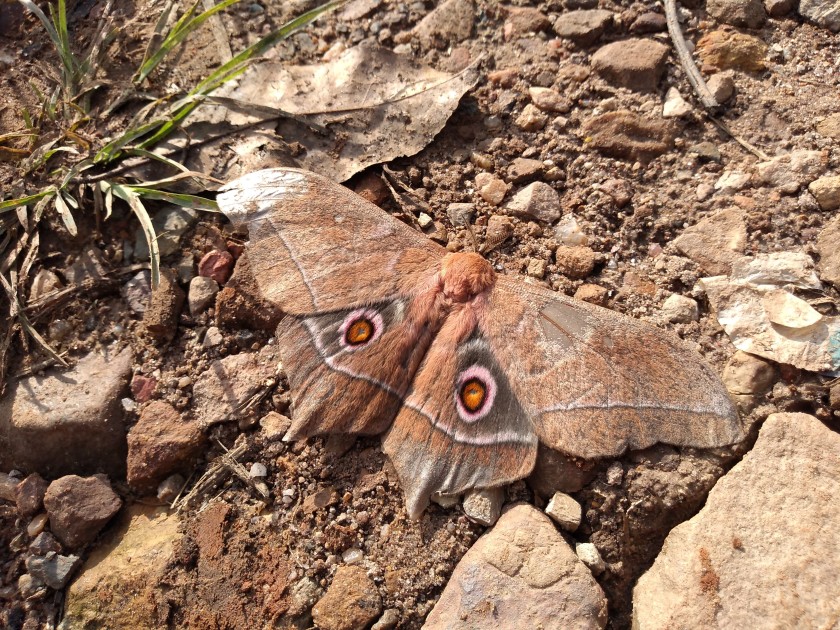Today has been a heavy day. On of my patients died. This isn’t the first time since I have been here – many people come to hospital only once their condition is so critical that there is little that can be done to save them – but this person was young, only 20. And although she was very very sick, her death wasn’t expected (by me, at any rate.) We (my Ugandan doctor colleagues, and the nursing staff) spent several hours trying to resuscitate her, but our efforts made no difference, and in the afternoon, she took her final quiet breath.
What struck me was how public death is here. In our open ward without curtains, all the other patients and their caretakers could see our young lady in extremis. As we were trying to help her, the ward was quiet whilst people watched. The patient had her relative with her to care for her personal needs. The relative’s suffering and sadness was also public, she cried quietly and with dignity in full view of the ward.
The moments around her death were really moving and challenging for me. Her relatives came and prayed around her bed. Others on the ward joined in, the staff came and went, and carried out their duties whilst the mourning was ongoing. And then the carer packed up the small bag of belongings that had accompanied them both for the week they had spent on the ward. A thermos, a blanket. Not much else. The body was taken to the mortuary. A jumble of the deepest feelings and the mundane, and also an awareness of how little material stuff accompanies most people’s lives in this region.
Life and its ending are so very much part of present experience here. Many adults know the feeling of loosing a child. Or more than one child. Explanations aren’t demanded as they might be in the UK. There seems to be an acceptance of the fact of death and a way that it is integrated into the experience of being alive that I am not used to. In the UK, so much of death and dying is hidden. When we know people are dying, we often withdraw. It is not a public phenomenon, and I feel somehow cut off from it for much of the time. Here, at least on the hospital wards, being alive feels a very delicate thing.
The spiritual dimension of life-and-death is ever present. Morning prayers at the hospital. The prayers said at the bedside. The ministry of others once someone has died. They set into relief the fragility of life. It seems obvious that we will call the chaplain to the ward when we have a dying patient, just as obvious as giving intravenous fluids.
